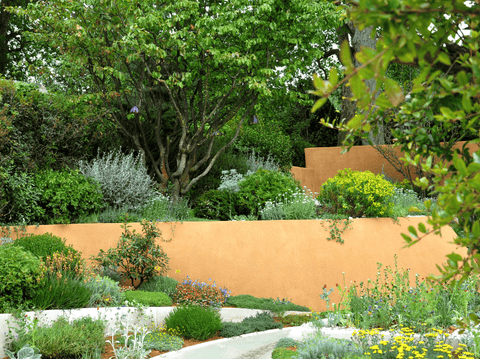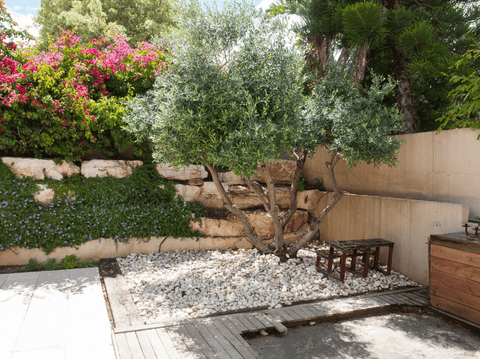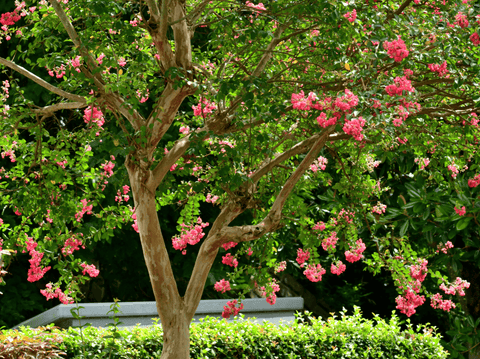What Are “Native-Friendly” Plants — And Why Care?
Native plants are species that evolved to thrive in a particular region’s soil, climate, rainfall, and pests. When you plant native or “native-friendly” varieties, you’re building a garden that works with nature, not against it. That means less watering, fewer fertilizers, more local wildlife, and lower upkeep overall.
In recent years, popular topics related to native plant gardens include:
-
Benefits of planting native species for pollinators and biodiversity
-
Drought-tolerant native landscaping
-
Native plant garden ideas for Texas and California
-
Wildlife-friendly yards using native plants
-
Native plants for erosion control and tough soils
Native Plant Gardens in Texas & California: What Makes Them Special
Texas Native & Friendly Plants
Texas soils and summers are no joke—but these plants are up for the challenge. The Texas Native & Friendly Plants collection includes tough, climate-adapted choices like:
-
Vitex Chaste Tree – Fast-growing with beautiful purple flowers that attract pollinators
-
Bald Cypress – Tolerates both drought and wet spots; ideal for tough terrain
-
Arizona Cypress – Evergreen, aromatic, great as a windbreak or privacy screen
-
Mission Olive & Arbequina Olive Trees – Drought-tolerant, heat-loving, and full of charm
-
Chinese Pistache Tree – Known for bold fall color and extreme hardiness
California Native & Friendly Plants
California’s climate calls for water-savvy, fire-resistant, and beautiful plants. The California Native & Friendly Plants collection offers proven choices like:
-
Star Jasmine (Staked) – Fragrant and versatile with some drought tolerance
-
Coast Rosemary – Excellent for pollinators and coastal exposure
-
Agave Blue Glow – A statement succulent with ultra-low water needs
-
Russian Sage – Silvery foliage and soft lavender blooms that love the heat
-
Wilson Olive Tree – Evergreen and Mediterranean-feeling with excellent structure
How to Plan Your Native Plant Garden
-
Know your USDA zone – Our native collections can be filtered by zone to help you choose confidently
-
Group by water needs – Plant in clusters that share sun and soil preferences
-
Focus on drainage – Some native plants prefer dry feet; others handle clay better
-
Let it get wild – Native gardens are all about natural rhythms and wildlife support
-
Skip the fertilizers – Natives thrive with fewer inputs and less interference
Popular FAQs Around Native Planting
How much maintenance do native gardens need?
Much less than conventional gardens. Once established, natives usually need minimal watering, no regular fertilizing, and fewer pest issues. The key is that first-year care to get them rooted.
Will a native garden still look pretty?
Absolutely. Think layers of texture, seasonal color shifts, and natural beauty. Plants like Star Jasmine, Russian Sage, and Rosemary offer gorgeous flowers and foliage year-round in certain climates.
Do native plants help the environment?
Yes! They save water, prevent erosion, support pollinators, and adapt better to changing climate conditions. They also help rebuild local ecosystems one yard at a time.
The Simply Trees Advantage
-
We curate only hardy, regionally appropriate species
-
Our plants are shipped in eco-friendly, protective packaging
-
We offer beautiful options from trees to perennials and pollinator plants
-
You can browse by sun, size, USDA zone, and water needs
Start small or go big. Either way, when you plant native, you plant smart.


